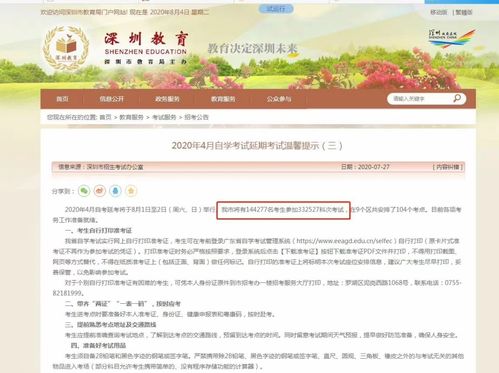泰国移民条件2020
Title: Understanding the Costs Associated with Immigrating to Thailand for Higher Education
In recent years, Thailand has emerged as an attractive destination for international students seeking quality education at affordable costs. However, before embarking on your journey to study in Thailand, it's crucial to understand the various expenses involved in the immigration process and higher education. Let's delve into the breakdown of costs associated with immigrating to Thailand for higher education.
1. Visa Fees:
NonImmigrant Visa (Type ED):
This visa is specifically designed for students pursuing education in Thailand. The fee for a nonimmigrant visa varies depending on your nationality and the duration of the visa. On average, it ranges from $50 to $200. 2. Health Insurance:
Health Insurance Coverage:
International students are required to have health insurance coverage for the duration of their stay in Thailand. The cost of health insurance can vary based on the coverage provided and the insurance provider. On average, expect to pay around $300 to $600 per year for health insurance. 3. Tuition Fees:
University Tuition:
Tuition fees in Thailand vary depending on the university, program, and level of study. Public universities generally have lower tuition fees compared to private institutions. On average, undergraduate tuition fees range from $1,000 to $5,000 per year, while postgraduate programs may cost between $2,000 to $10,000 per year. 4. Accommodation:
OnCampus Housing:
Many universities in Thailand offer oncampus accommodation options for students. The cost of oncampus housing varies depending on the facilities provided and the location of the university. On average, expect to pay between $100 to $500 per month for oncampus accommodation.
OffCampus Housing:
Renting an apartment offcampus may offer more flexibility but can be slightly more expensive. The cost of offcampus housing depends on the location and the type of accommodation. On average, monthly rent for a studio or onebedroom apartment ranges from $200 to $600. 5. Living Expenses:
Food:
The cost of food in Thailand is relatively affordable, especially if you opt for local street food and markets. On average, monthly food expenses can range from $100 to $300.
Transportation:
Public transportation in Thailand, such as buses and trains, is costeffective. Additionally, many students use motorbikes or bicycles for commuting. Monthly transportation expenses may range from $20 to $100.
Other Expenses:
Miscellaneous expenses such as books, study materials, entertainment, and personal expenses may vary depending on individual preferences. Budgeting an additional $100 to $300 per month for miscellaneous expenses is advisable.
6. Miscellaneous Fees:
Residence Permit:
Depending on the duration of your stay, you may need to obtain a residence permit, which incurs additional fees.
Language Proficiency Tests:
Some universities may require international students to demonstrate proficiency in the Thai language, which may involve additional testing fees. Recommendations:
1.
Financial Planning:
Before applying for higher education in Thailand, carefully assess your financial resources and create a budget plan that includes tuition fees, living expenses, and other associated costs.2.
Scholarships and Financial Aid:
Explore scholarship opportunities and financial aid programs offered by universities, government agencies, and international organizations to help alleviate the financial burden.3.
PartTime Employment:
Consider parttime employment opportunities available for international students to supplement your income and gain valuable work experience while studying.4.
Health Insurance Coverage:
Ensure you have comprehensive health insurance coverage that meets the requirements set by Thai immigration authorities and your university.5.
Early Planning:
Start the visa application process and other immigration procedures well in advance to avoid lastminute hassles and delays.In conclusion, while the costs associated with immigrating to Thailand for higher education may vary depending on individual circumstances and preferences, thorough financial planning and research can help you make informed decisions and ensure a smooth transition to studying in Thailand.










